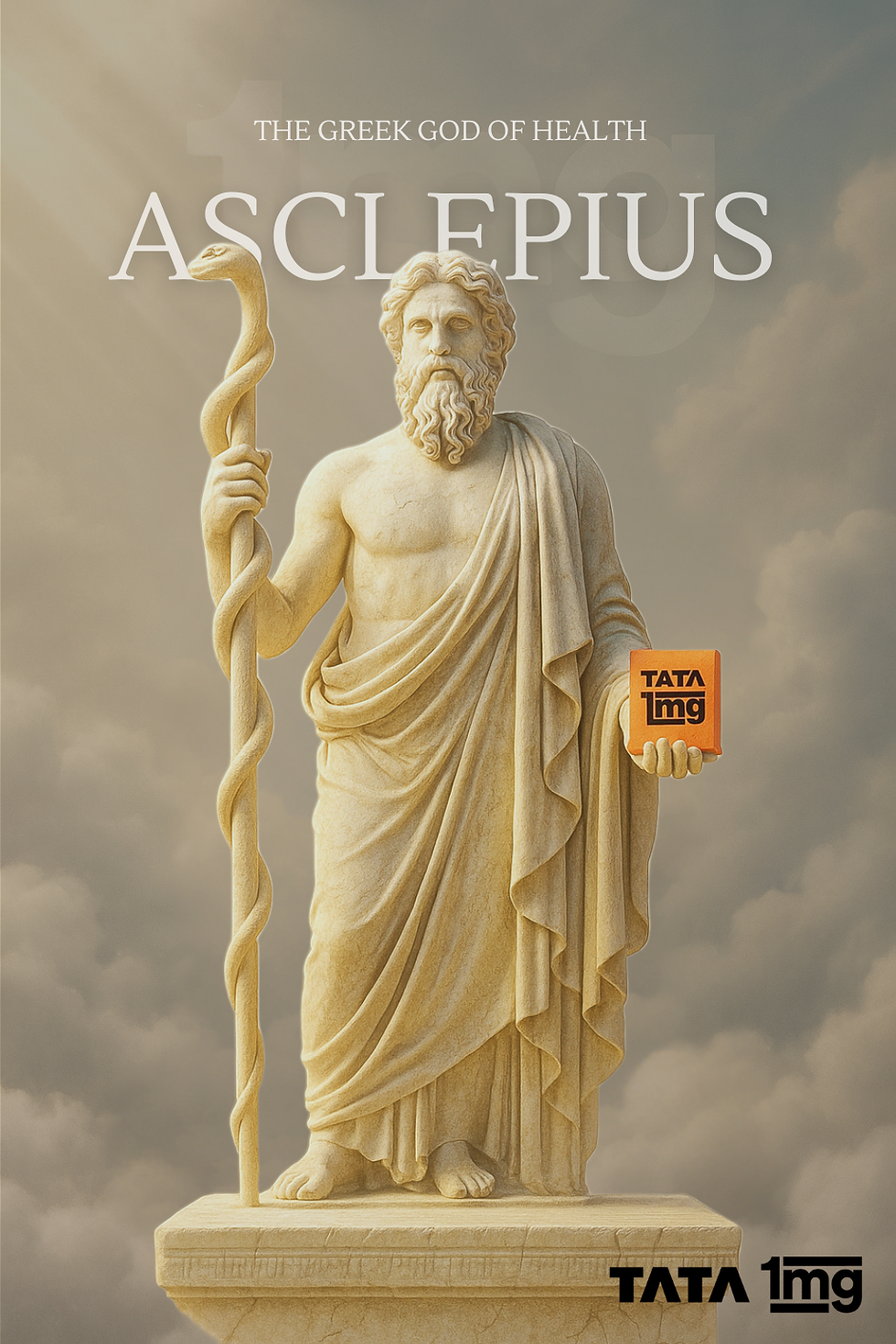Unpacking Genius: The Story Behind Volkswagen's Iconic “Think Small” Campaign
- RIK SAMANTA
- Feb 18
- 4 min read
Updated: Feb 21

In the world of marketing, there are campaigns, and then there are legends. Volkswagen’s "Think Small" campaign is undoubtedly the latter. But what makes it so special? Why does a campaign from the 1960s still resonate today? Let’s drive down memory lane and explore how a tiny German car with a big idea changed the game forever.
The Big American Dream vs. The Tiny German Car

Post-World War II, America was all about big. Big cars, big homes, big dreams. If you weren’t driving a massive Cadillac or a Chevrolet, you were practically invisible. It was the era of excess, and size mattered. But in the midst of all this bigness, something small happened. Something revolutionary.
Enter the Volkswagen Beetle—a tiny, odd-looking German car that dared to challenge the American obsession with size. And spoiler alert: it worked. But how? Let’s take a drive down memory lane and explore one of the most iconic advertising campaigns of all time: “Think Small.”

The Underdog Story
Imagine you’re in the 1950s, and you’re trying to sell a German car in America. Not just any German car, but a small, funny-looking one. Oh, and did I mention this is post-World War II? The odds were stacked higher than a Jenga tower. Let’s break it down:
Tiny car in a ‘bigger is better’ market: Americans loved their land yachts. The Beetle? It looked like a toy compared to the Cadillacs and Chevrolets of the time.
German car post-WWII: Let’s just say Germany wasn’t exactly winning any popularity contests in America back then.
Odd design: The Beetle wasn’t flashy. It was... cute. And in a world of muscle cars, cute wasn’t exactly a selling point.
Low ad budget: Volkswagen was up against industry giants with deep pockets. They couldn’t outspend them, so they had to outsmart them.
Import stigma: Foreign cars were often seen as unreliable and inferior. Sound familiar?
But here’s the twist: Volkswagen didn’t just accept these challenges—they embraced them. And that’s where the magic happened.

The Genius of "Think Small"
Instead of trying to compete with the giants, Volkswagen did something revolutionary—they embraced their smallness. Their ads didn’t scream, “We’re the best!” Instead, they whispered, “We’re different, and that’s okay.”
One ad famously declared: “Presenting America’s slowest fastback.” It went on to explain that while other cars had sleek, streamlined roofs and names inspired by fish (looking at you, Mustang), the Volkswagen Beetle was content being itself. It didn’t need to go over 72 mph. It didn’t need to be flashy. It just needed to be reliable, practical, and, dare I say, lovable.
This was marketing genius. Instead of hiding their flaws, they highlighted them with humor and honesty. It was like saying, “Yes, I’m short, but I can still reach the top shelf—just give me a stool.”

The "What the Heck?" Moment

Now, here’s where it gets even more interesting. The ad starts off by doing the exact opposite of what you’d expect. It talks about how slow Volkswagens are and how cool and streamlined fastback cars are. Wait, what? Why would a car company admit its car isn’t the best?
But then comes the twist. The ad continues: “So you can easily break almost any speed law in the country in a VW. And you can also cruise right past gas stations, repair shops, and tire stores.”
Boom. That’s the magic. Volkswagen wasn’t just selling a car; they were selling a lifestyle. A lifestyle where you didn’t need to worry about speeding tickets, frequent gas stops, or costly repairs. The Beetle might not have been the fastest, but it was reliable, economical, and built to last.
Why It Worked: Honesty, Humor, and Humility

The “Think Small” campaign worked because it was human. It didn’t try to sell you a fantasy; it sold you reality. And in doing so, it connected with people on a deeply personal level. Here’s why:
Honesty over hype: In a world of over-the-top advertising, Volkswagen’s honesty was refreshing. It was like that friend who tells you, “Yeah, this restaurant isn’t fancy, but the food is amazing.”
Humor with humility: The ads didn’t take themselves too seriously. They poked fun at the Beetle’s quirks, and in doing so, made it endearing. It’s like when you joke about your old Maruti 800—it may not be cool, but it’s got character.
Minimalism: While other ads were shouting, Volkswagen whispered. And in a noisy world, whispers stand out.
Why This Campaign Still Matters Today
In a world where brands are constantly shouting for attention, Volkswagen’s “Think Small” campaign stands out for its simplicity and authenticity. It didn’t rely on flashy gimmicks or over-the-top promises. It just told the truth, and people loved it for that.
Think about it: How many ads do you see today that actually make you stop and think? How many brands are brave enough to poke fun at themselves? Volkswagen did it decades ago, and it still feels fresh.
The Impact: A Cultural Phenomenon
The “Think Small” campaign didn’t just sell cars—it changed the way we think about advertising. It was named the best advertising campaign of the 20th century by Ad Age, and for good reason. It proved that you don’t need a big budget to make a big impact. All you need is a big idea.

And the Beetle? It became a cultural icon. From college kids to families, everyone wanted one. It was practical, reliable, and perfect for everyday life. It’s like the humble scooter in India—it may not be glamorous, but it gets the job done.
A Lesson for All of Us
So, what can we learn from the “Think Small” campaign? In a world that’s constantly telling us to go bigger, faster, and louder, sometimes the most powerful thing you can do is think small. Embrace your flaws. Be honest. And don’t be afraid to laugh at yourself.
As someone who grew up in India, I can’t help but see parallels in our own lives. We’re often told to aim for the biggest house, the fanciest car, the most prestigious job. But the “Think Small” campaign reminds us that sometimes, the best things come in small packages. Whether it’s a tiny car, a modest home, or a simple life, there’s beauty in simplicity.



Comments